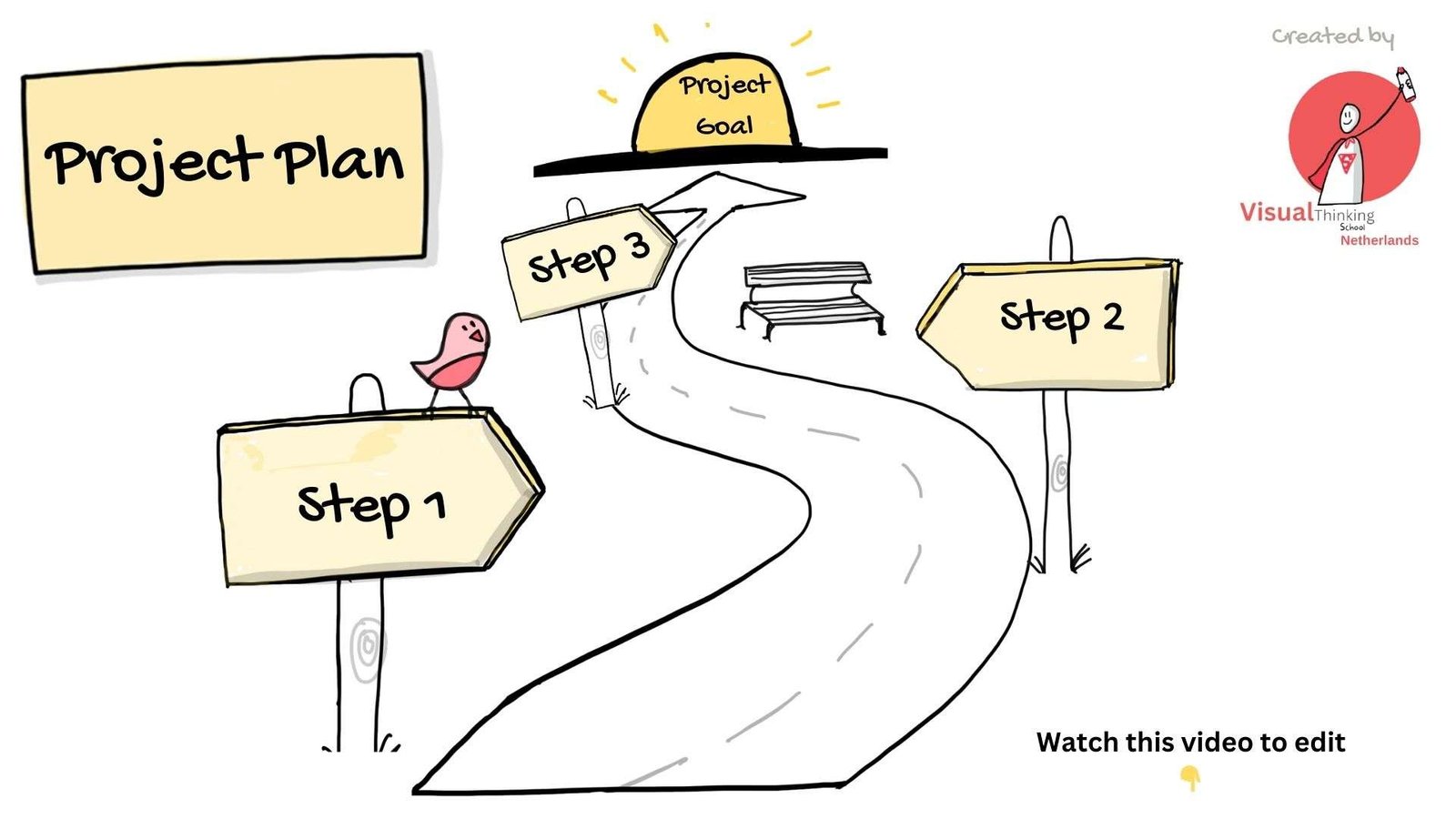Metaphor Interpretation
The roadmap with marked milestones symbolizes a structured project plan, where each step signifies a significant achievement or phase that contributes to the overall progress and success of the project. Completing each milestone is akin to advancing along a strategic path, ensuring that objectives are met systematically and in alignment with the project’s timeline and objectives.
